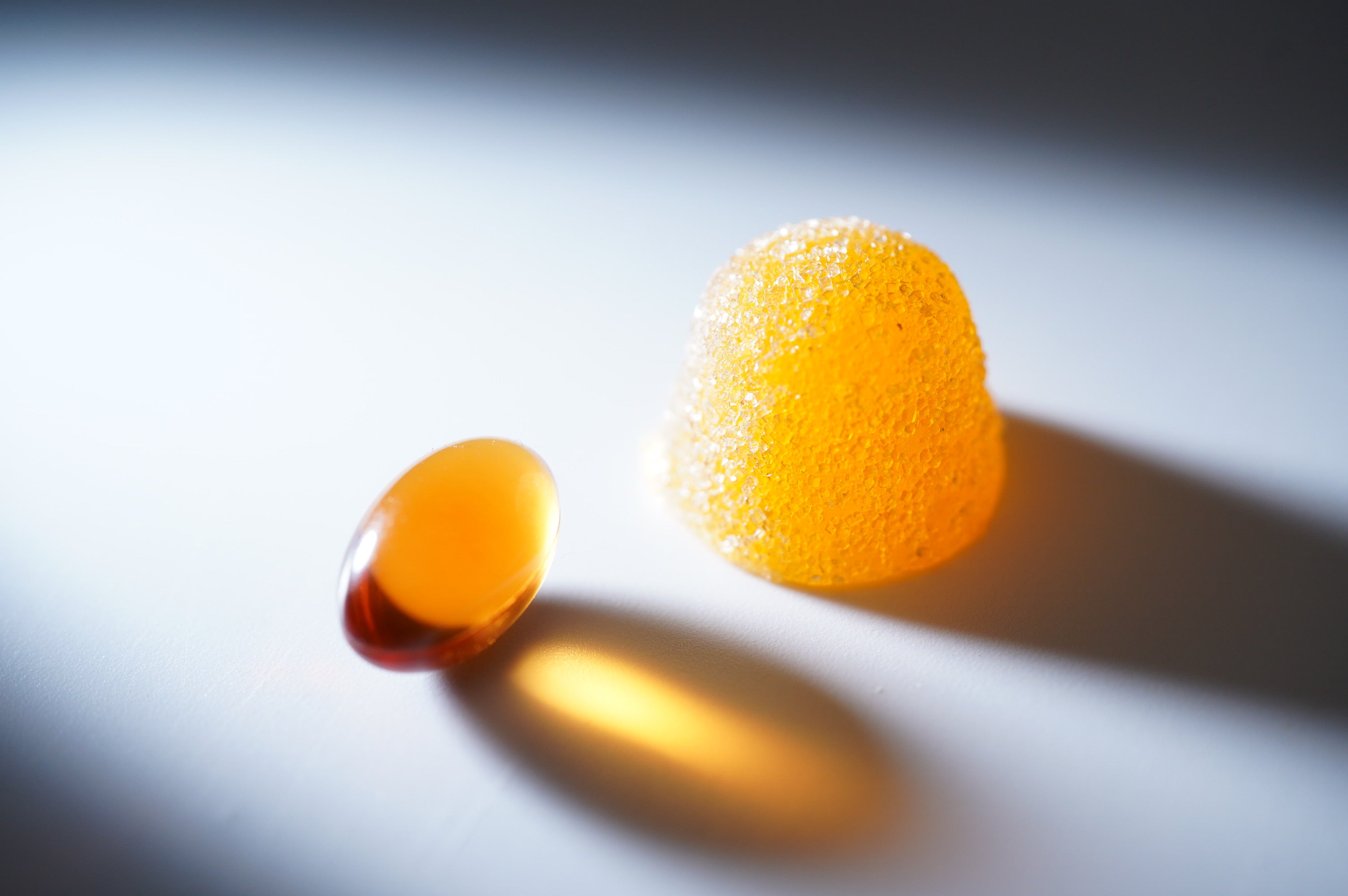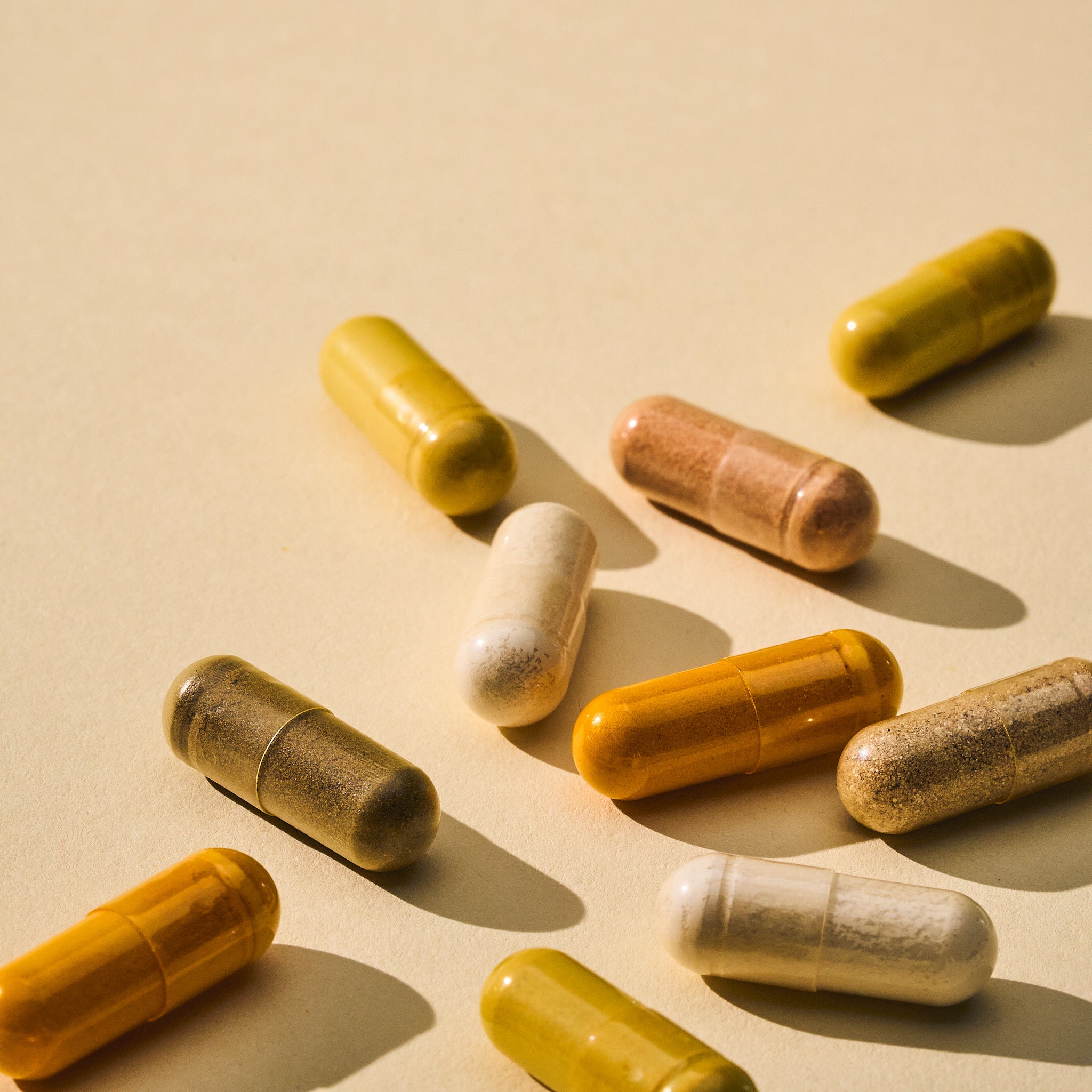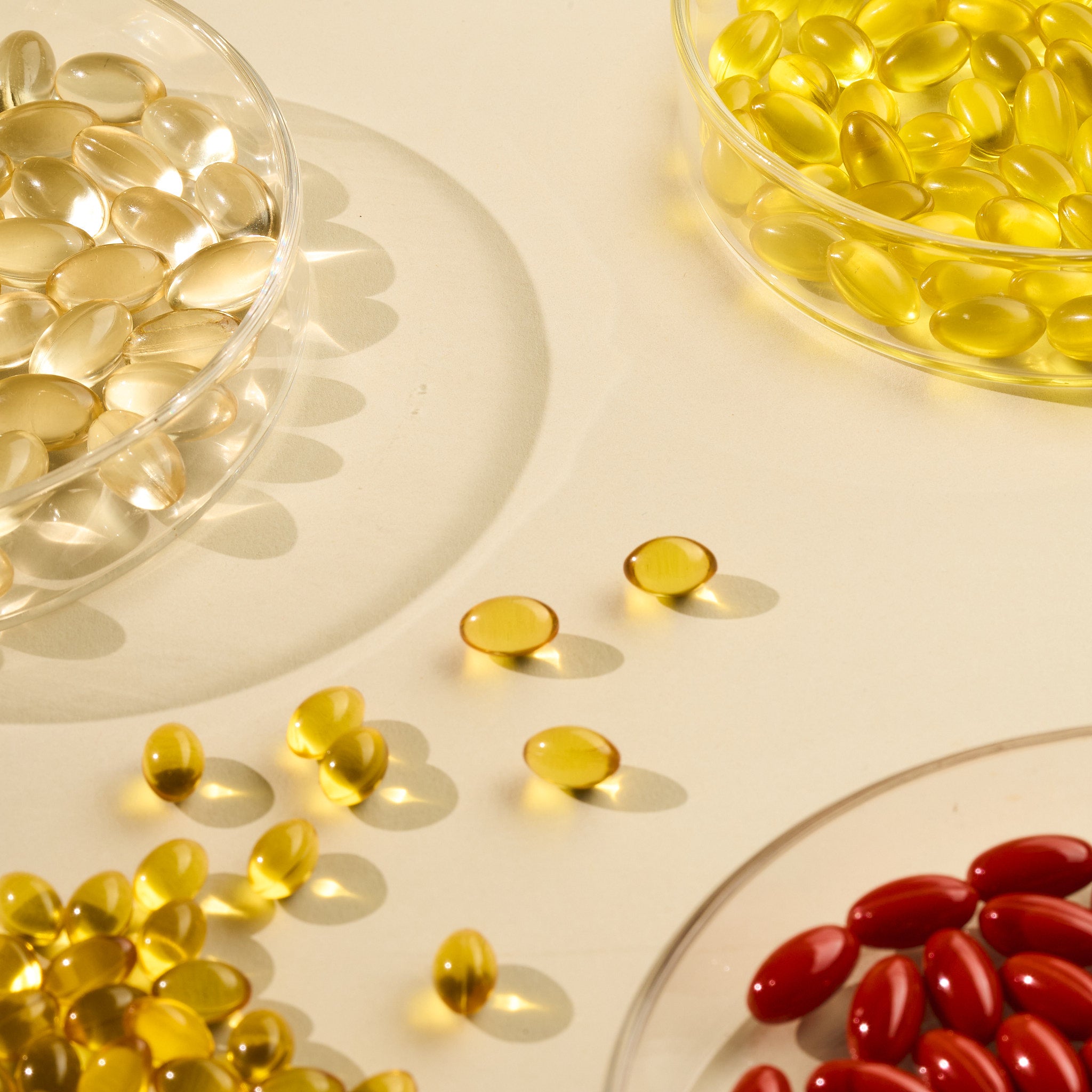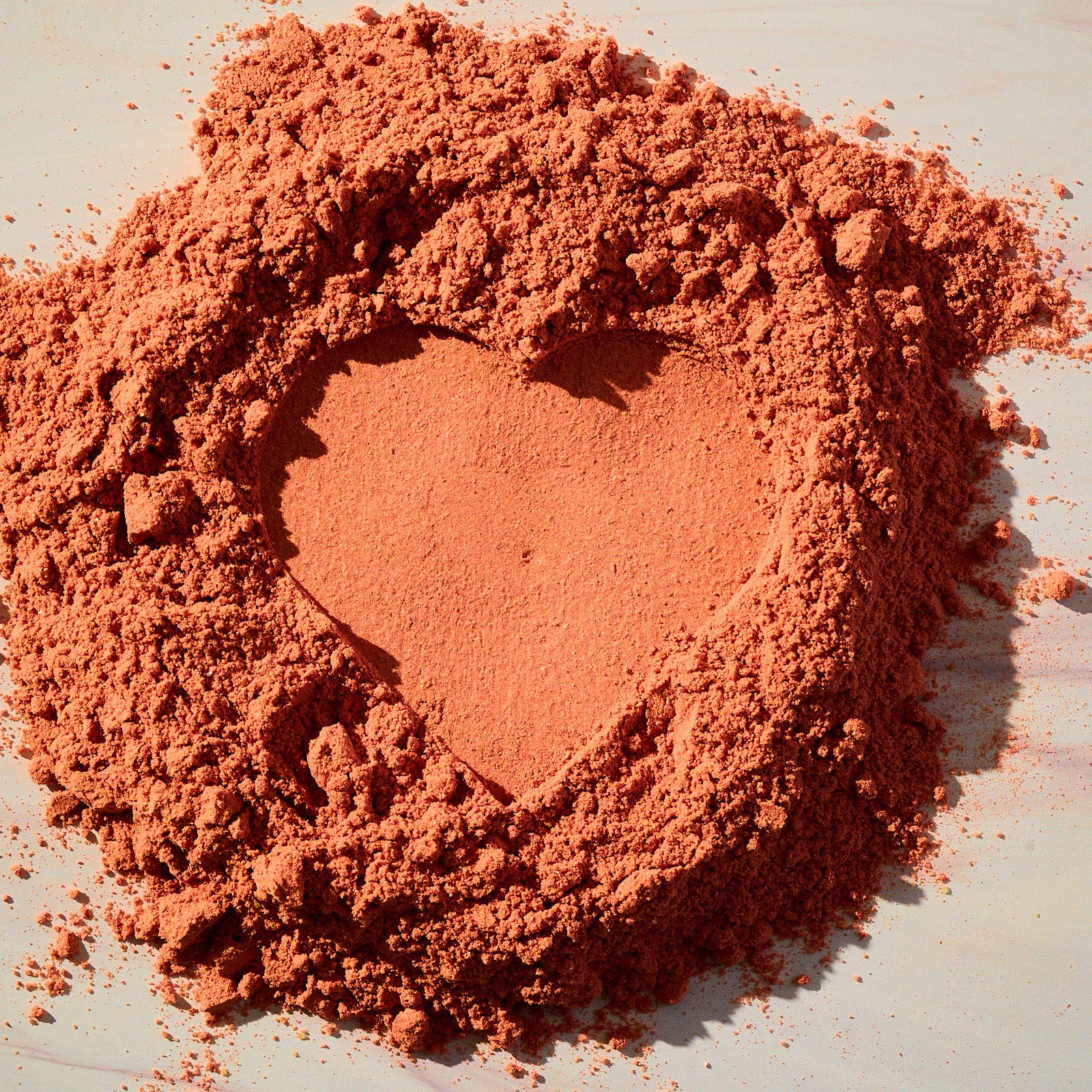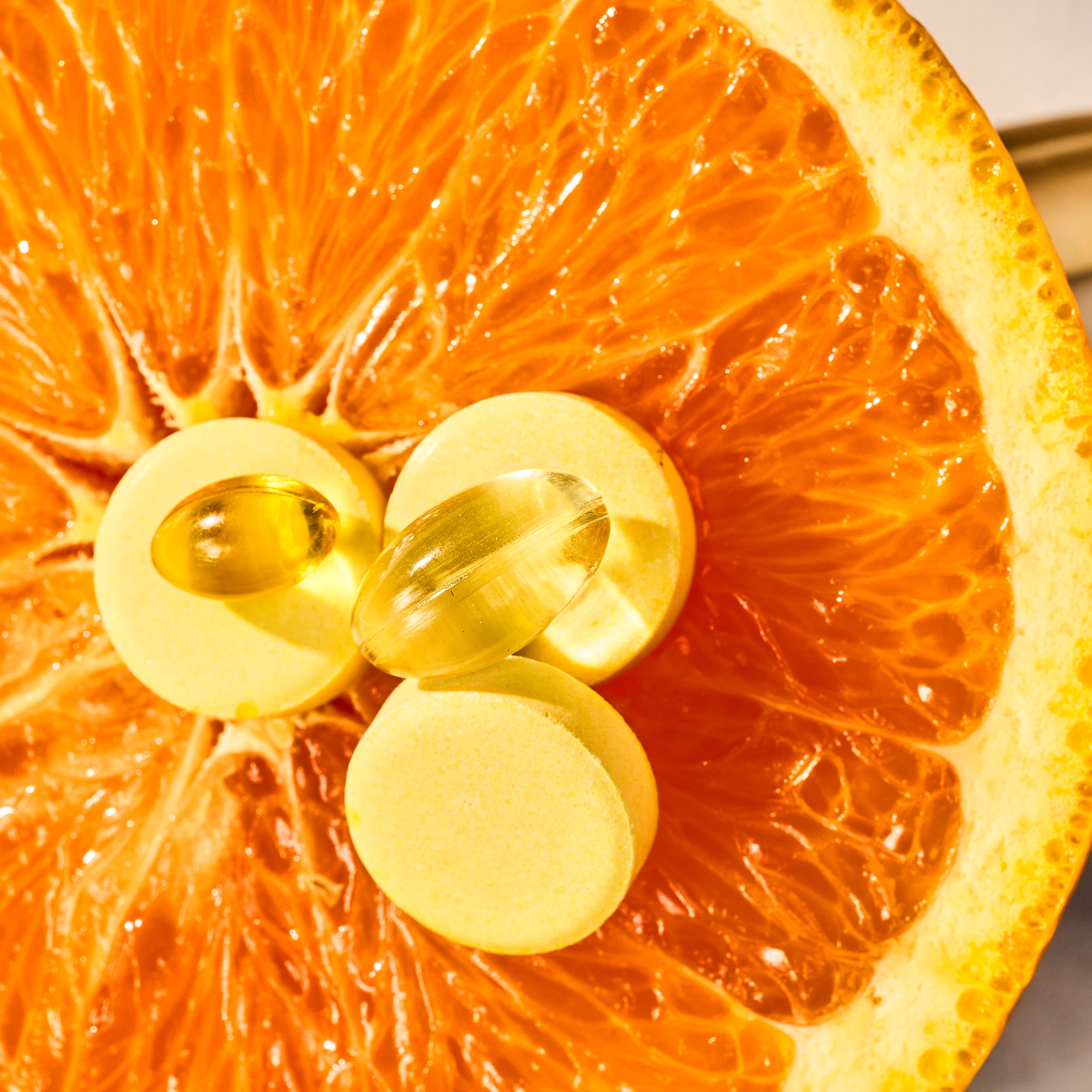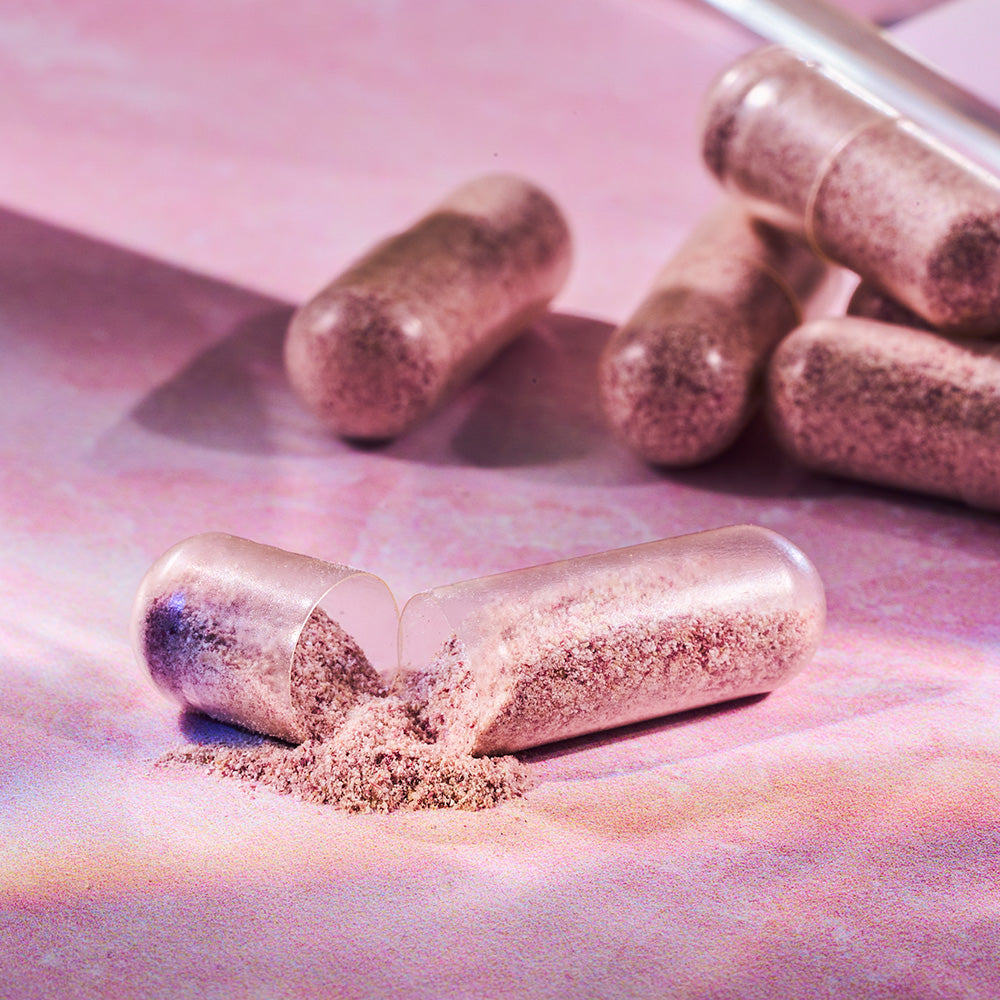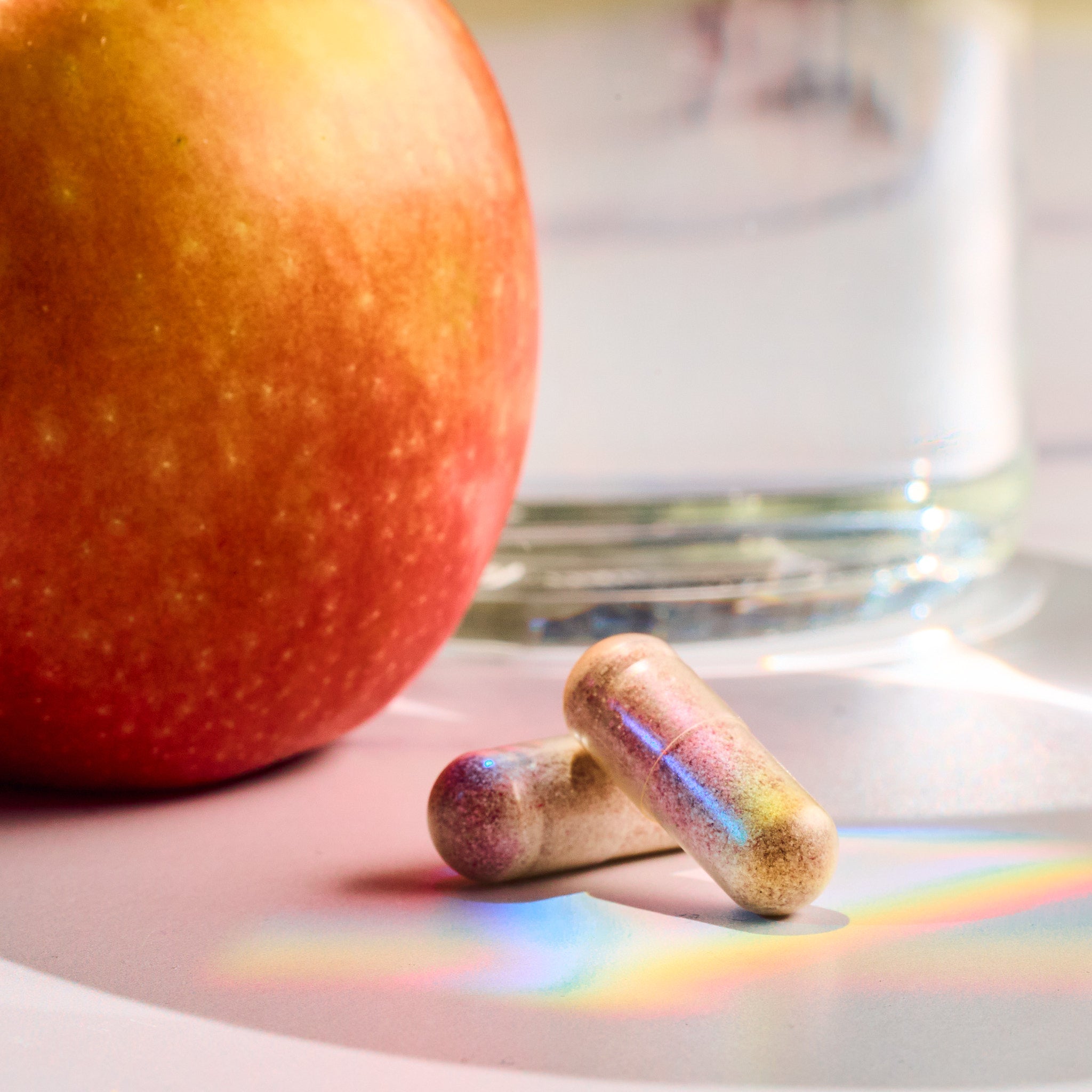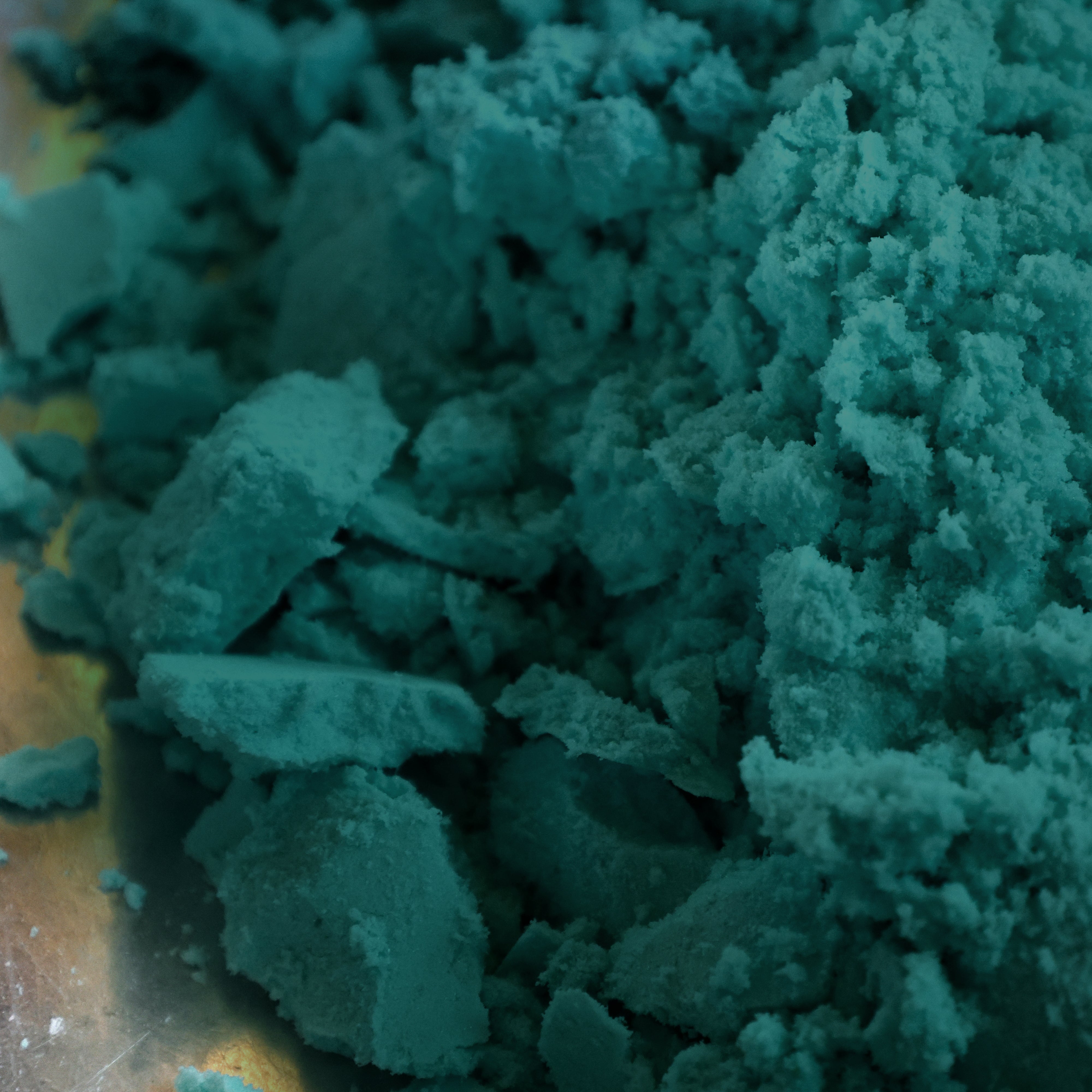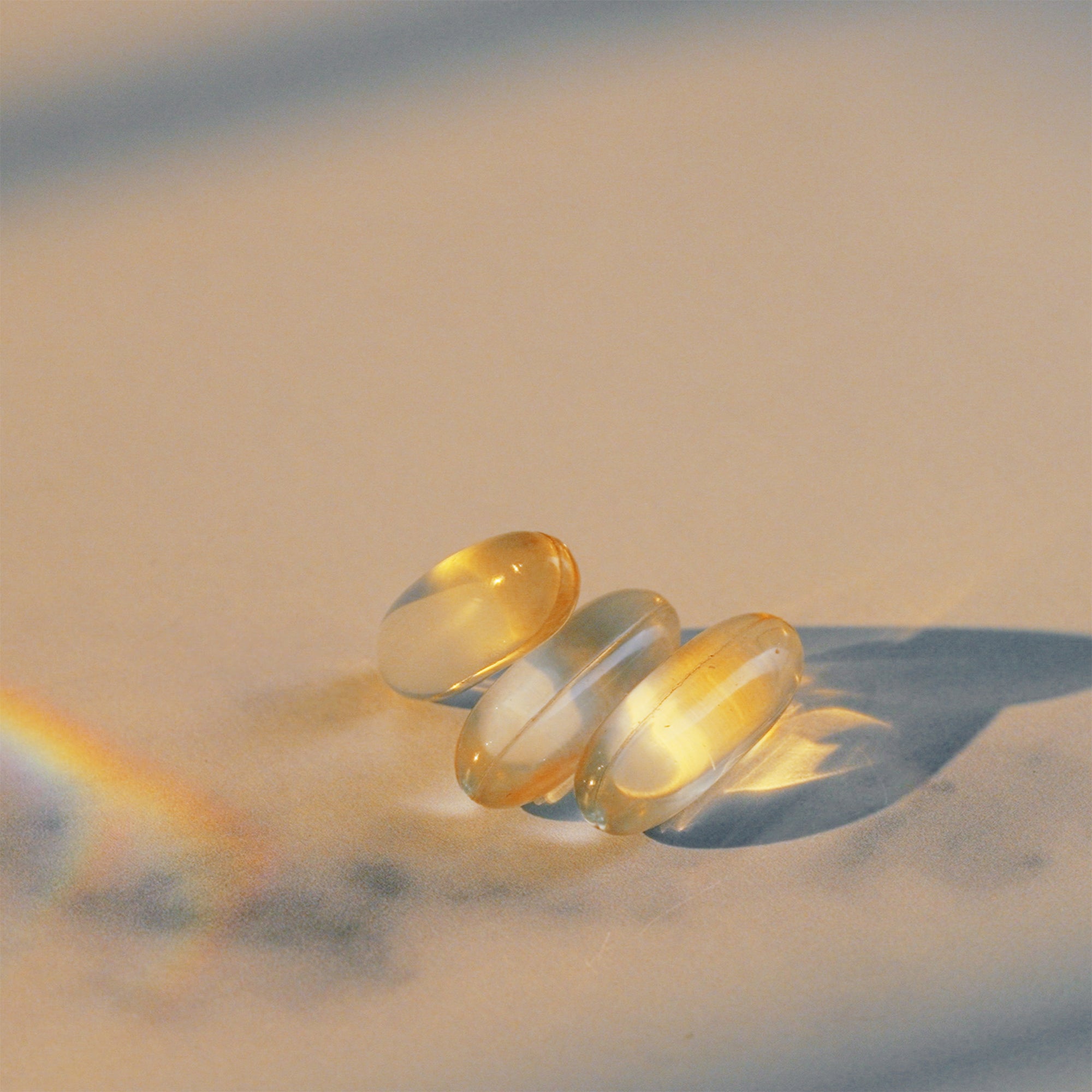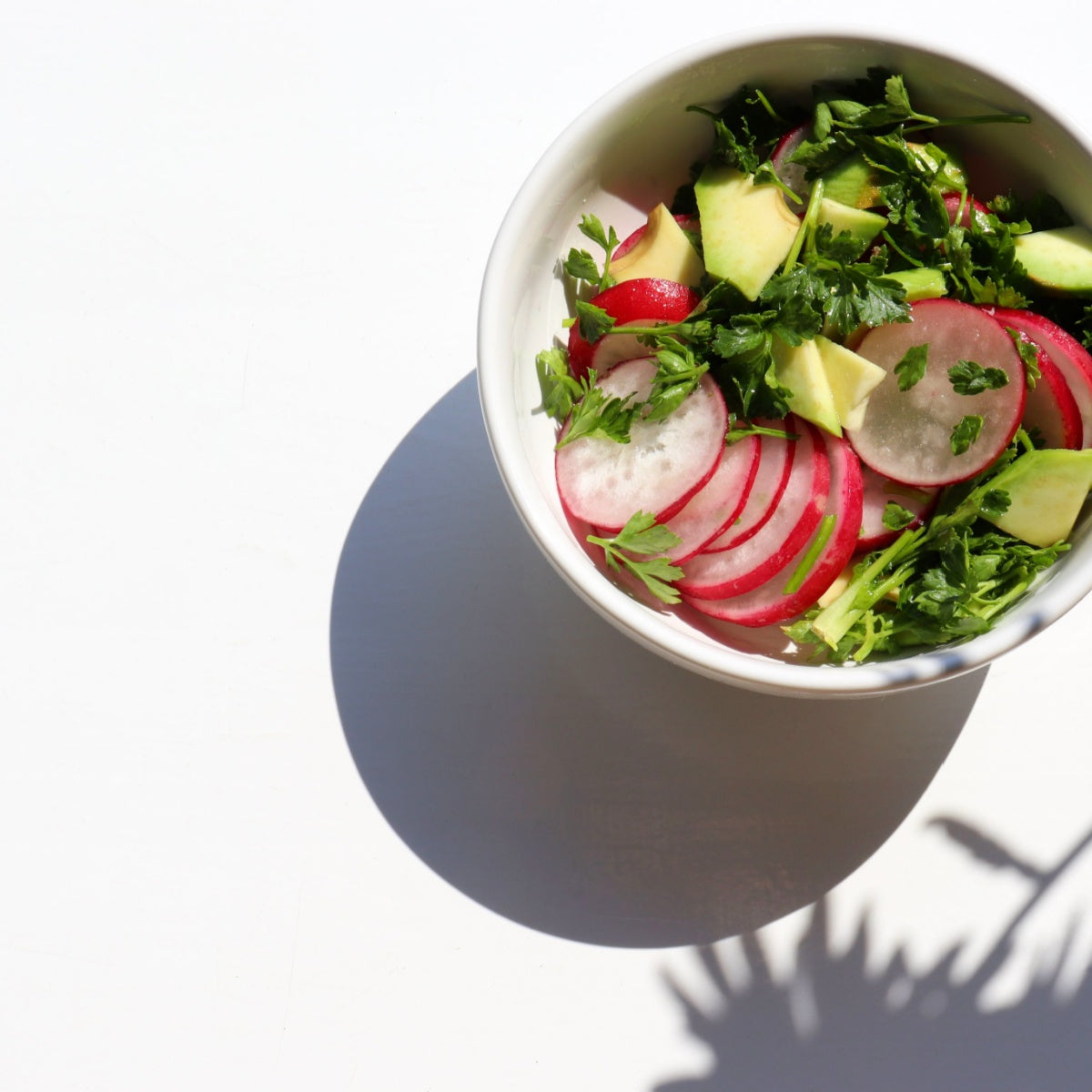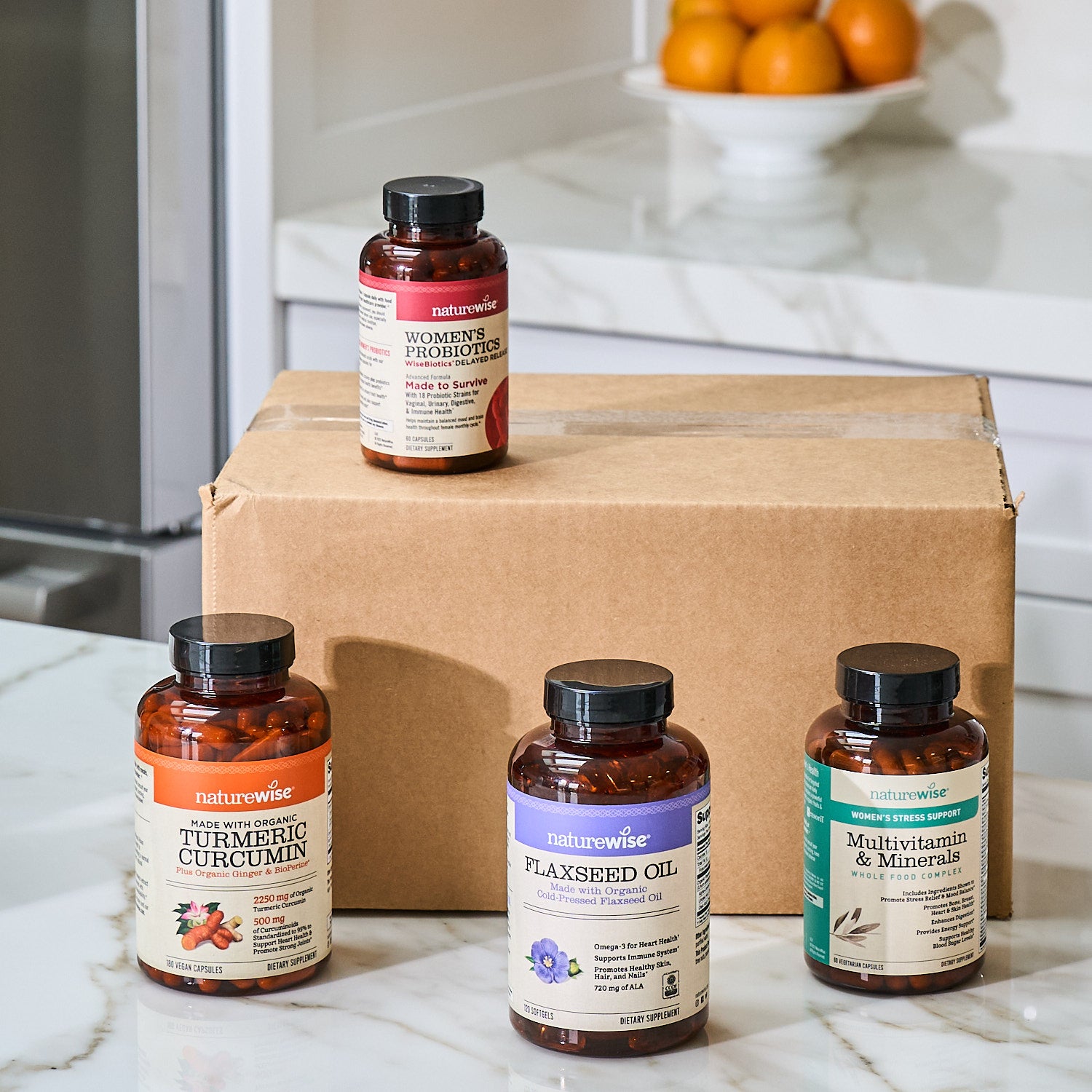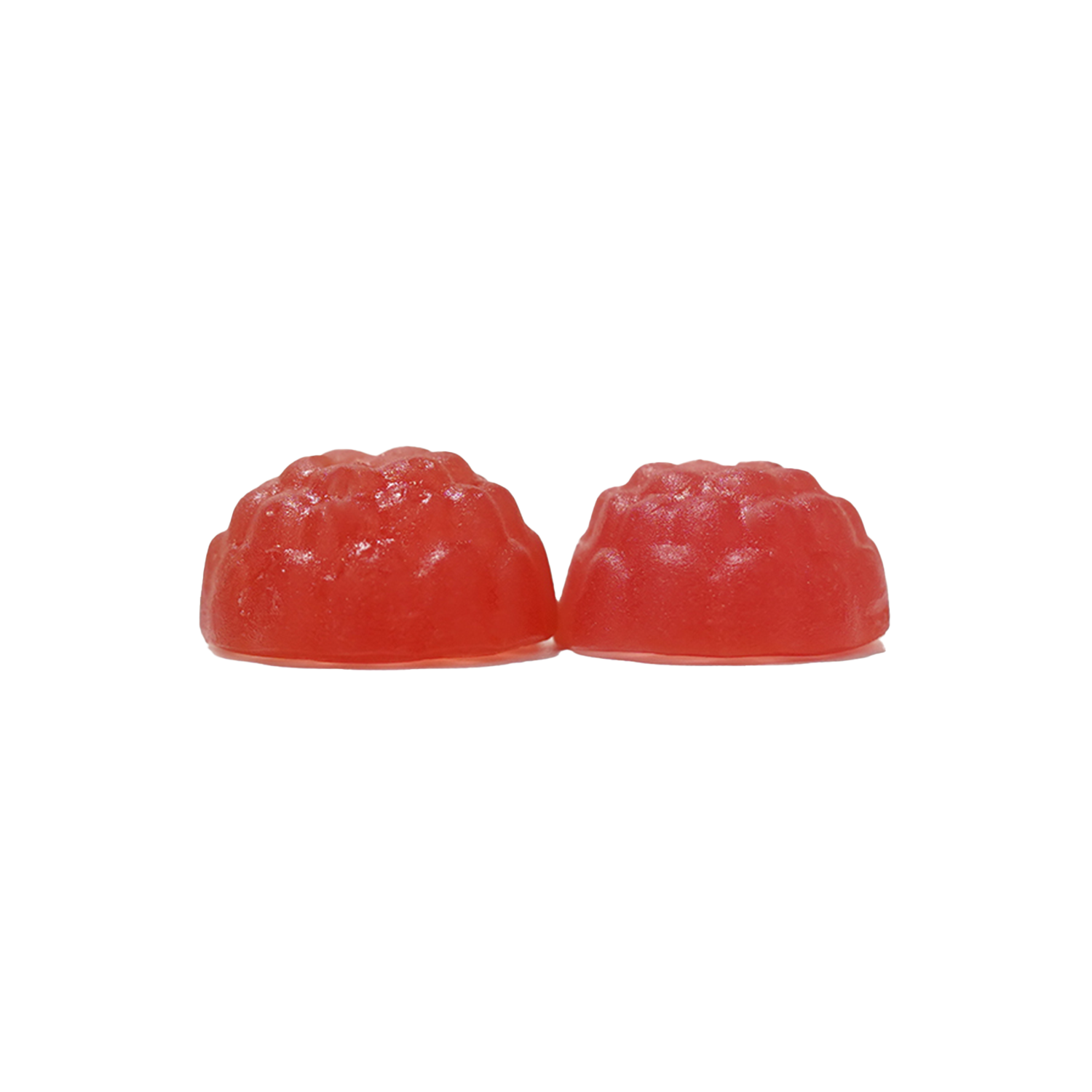A Recent Study Reveals Elderberry's Effect on Weight & Gut Health
Attention, everyone: The famed dark purple berry known for its immune benefits just got better. Elderberry was the subject of a recent clinical trial published in Washington State University journal Nutrients. The study found that drinking 12 ounces of elderberry juice daily for a week resulted in beneficial changes in the gut microbiome and improvement in glucose tolerance and fat oxidation(1).
Anthocyanins: The Antioxidant Found in Berries
What led to this study, anyway? The main focus of this study was to see if anthocyanins support weight management, no matter which fruit or vegetable they're derived from. Anthocyanins are an antioxidant compound or flavonoid responsible for the red and purple hues of fruits and vegetables. In fact, the immune health benefits of elderberries come from these polyphenolic compounds.
Anthocyanins are most highly concentrated in berries, particularly in elderberries and blackberries.
The Beginnings of the Study
It began in 2018, when the same journal published a study on blackberries' potential benefits for weight management.(2) Blackberries are also a potent source of anthocyanins due to their high content of cyanidin 3-glucoside, a common anthocyanin found in food. The treatment group ate 600 g or around 4 cups of blackberries daily, which provided ~1476 mg of flavonoids and ~361 mg of total anthocyanins. The study found that blackberries significantly increased fat oxidation and insulin sensitivity in overweight or obese men compared to the control group.^
The Results of the Study
To confirm the benefits of anthocyanins themselves, and not blackberries, the journal led a similar experiment with elderberry juice in late 2024.
This study consisted of both women and men who were overweight but healthy.(1) The experiment group drank 355 g of either 100% elderberry juice, which provided 720 mg of cyanidin-3-glucoside equivalents per day, or double the amount of anthocyanins in the blackberry study.
This study showed that participants who consumed elderberry juice had an increase in good gut bacteria, including firmicutes and actinobacteria, and decreased amounts of bad gut bacteria, such as bacteroidetes. (1)
With a controlled diet, participants in the experiment group saw a decrease in blood glucose levels by an average of 24%, which contributed to improved glucose response.^ In the study, participants consuming elderberry juice showed an increase in fat oxidation compared to the control group, suggesting the potential benefits of elderberry for metabolic health. ^(1)
Elderberry's Powers
Before this study was conducted, the most common reason people consumed elderberry syrup or supplements was for immune support. In folk medicine, this berry has been used for millennia to treat a variety of conditions and ailments.(3) Now, with plenty of scientific literature to back the powers of elderberry, it's a common supplement for immune health maintenance and support.
Elderberries are naturally high in anthocyanins, perhaps one of the most concentrated out of any natural fruit or vegetable, according to
Healthline.
Featured Products:
Immune Support
Every serving of elderberry gummies contains 55 mg of elderberry extract, the equivalent of 3,520 mg of premium elderberry*
How To Get More Anthocyanins
Anthocyanins are found in plenty of everyday foods. From red wine to black beans to mulberries, you can obtain some anthocyanins through a healthy, balanced diet. However, as elderberries tend to have a higher concentration of these polyphenols, taking elderberry syrup, juice, or supplements is a convenient way to increase anthocyanin intake.
Realistically, it can be a challenge to drink 12 ounces of 100% elderberry juice a day, which is why the most sound advice for improving your nutrition is to "eat the rainbow."* Snacking on blackberries and sweet cherries is a delicious, easy way to up the polyphenol intake.
The Takeaway
Bottom line: Most elderberry supplements don't offer the same amount of antioxidants as a 12-ounce glass of elderberry juice. In fact, our gummies only provide the equivalent of 3.5 grams of elderberries versus the 600 grams of elderberry juice used in the study.
However, taking elderberry syrup, gummies, or capsules wouldn't hurt. Our
Elderberry Gummies contain vitamin D3, vitamin C, and zinc for extra immune health support, and are available in both sugar-free and regular sugar options. Remember, elderberry supplements (at the doses they come in) haven't been studied yet for weight management or gut health benefits. But we look forward to the day when this research is conducted.
^These results are based on a specific clinical study and may not represent typical outcomes. Further research is needed to confirm these findings in larger and more diverse populations.
*These statements have not been evaluated by the Food and Drug Administration. This product is not intended to diagnose, treat, cure, or prevent any disease. The information provided is for educational purposes only and should not replace medical advice. Always consult a healthcare professional before making dietary changes or using supplements.
References:
1. Teets, C., Ghanem, N., Ma, G., Minj, J., Perkins-Veazie, P., Johnson, S. A., Etter, A. J., Carbonero, F. G., & Solverson, P. M. (2024). A One-Week Elderberry Juice Intervention Augments the Fecal Microbiota and Suggests Improvement in Glucose Tolerance and Fat Oxidation in a Randomized Controlled Trial. Nutrients, 16(20), 3555.
2. Solverson, P. M., Rumpler, W. V., Leger, J. L., Redan, B. W., Ferruzzi, M. G., Baer, D. J., Castonguay, T. W., & Novotny, J. A. (2018). Blackberry Feeding Increases Fat Oxidation and Improves Insulin Sensitivity in Overweight and Obese Males. Nutrients, 10(8), 1048.
3. Sidor, A., Gramza-Michałowska, A. (2014). Advanced research on the antioxidant and health benefit of elderberry (Sambucus nigra) in food – a review. Journal of Functional Foods, 18(B).
